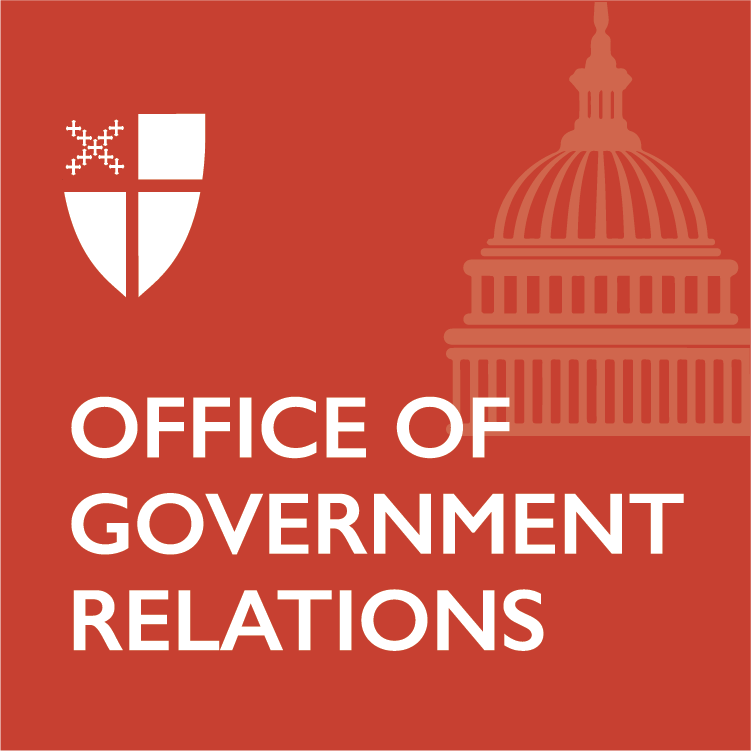“Is not this the fast that I choose: to loose the bonds of injustice, to undo the thongs of the yoke, to let the oppressed go free, and to break every yoke? Is it not to share your bread with the hungry, and bring the homeless poor into your house…” Isaiah 58: 6-7 (NRSV)
I recently started having intentional conversations with my ten-year-old niece about current events and the importance of civic engagement. One day as I was talking to her about ways politicians and political systems can have a great impact on individual lives, she asked me whether bad politicians are the reason people are poor. The complexity of her question, and my response to her aside, I wondered why poverty was the first thing she thought of in the context our conversation.
In my work, I think and talk about global poverty often: what are the root causes? Who is involved? How can we as people of faith, and as a society best respond?
As followers of Christ, we know that caring for those living in poverty is paramount to the ministry of Jesus. In the incarnation and throughout his ministry, Jesus himself became poor not only to show love and grace, but to also encourage us to be generous to those in need.
My niece’s question is fresh in my mind this season of Lent. As it happens, Lent comes as the new administration and members of Congress are discussing how they want to allocate federal funds for the 2018 fiscal year. In a budget outline released last week, President Trump has proposed to cut funding for foreign aid and diplomatic operations by up to 37 percent. These cuts will have enormous impact on programs that support people living with HIV/AIDS, provide humanitarian assistance to people who have been affected by conflict or natural disasters, sustain child and maternal health initiatives, and others that deal with issues of food insecurity and economic development.
Caring for the poor in our midst is our moral responsibility as individuals and communities of faith. It is also the responsibility of our governments. In Romans 13, the Apostle Paul reminds us that the role of governing authorities is to be servants of God. Therefore, just as Jesus came to serve the poor, so must our government.
Our country has a rich history of providing generous support to people in need all around the world. Although foreign aid programs consume less than 1 percent of the federal budget, they have saved millions of lives. Hundreds of millions more people no longer live in extreme poverty because of these programs. However, the work to end extreme poverty remains.
This Lent season, may we be renewed in our commitment to fight poverty. Let us all work to ensure that our governing authorities serve the common good, for they are servants of God –and so are we.
Lenten blessings,
Patricia Kisare
Legislative Representative for International Policy
